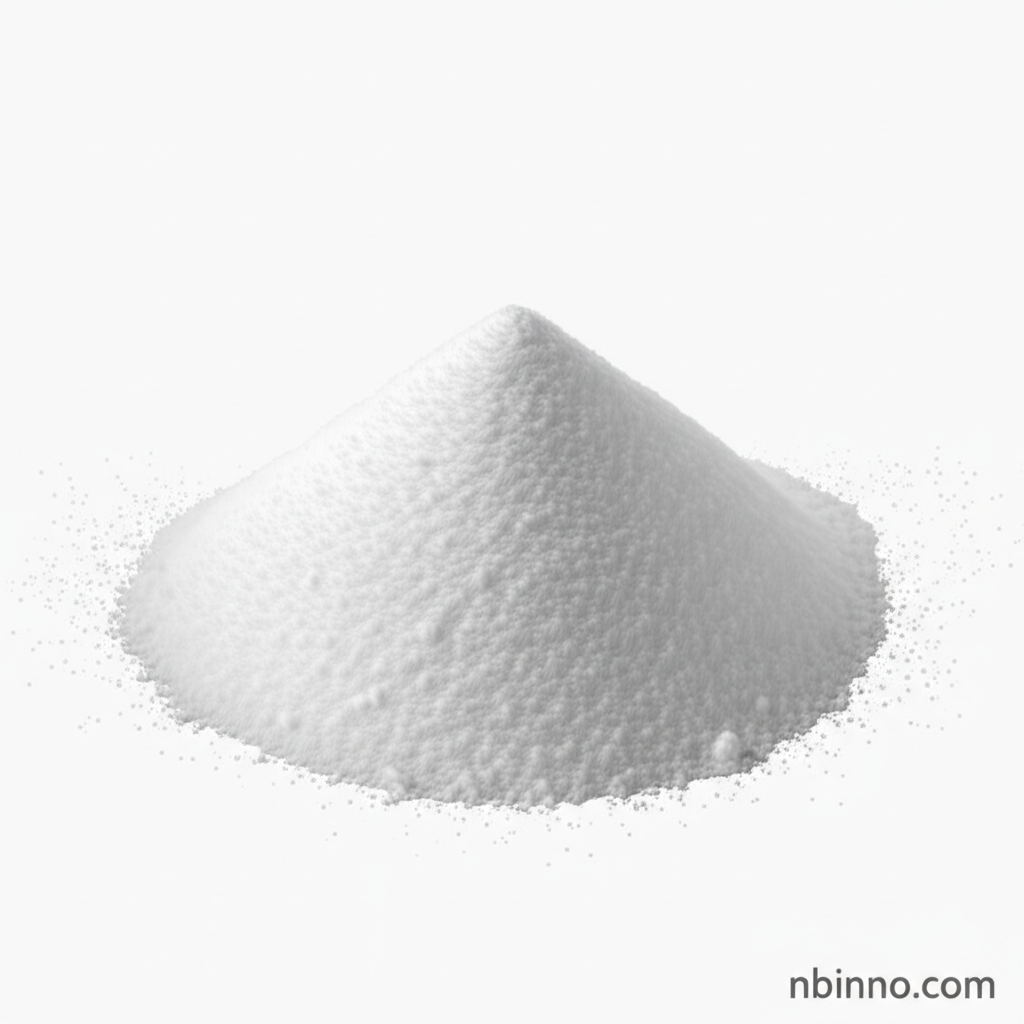Penicillin Powder: Properties, Applications, and Medical Significance
Explore the groundbreaking antibiotic that revolutionized medicine, from its discovery to its modern uses and impact.
Get a Quote & SampleProduct Core Value

Penicillin Powder
Penicillin powder is a crucial form of a foundational antibiotic that has dramatically shaped modern medicine. Its primary value lies in its potent ability to combat a wide range of bacterial infections by interfering with the cell wall synthesis of susceptible bacteria. This mechanism leads to bacterial death, making it an indispensable tool in treating conditions ranging from common infections to life-threatening diseases.
- Penicillin's historical significance is undeniable, marking a turning point in the treatment of bacterial infections, saving countless lives since its discovery by Alexander Fleming.
- Understanding how penicillin works is key to appreciating its efficacy; it targets the peptidoglycan layer of bacterial cell walls, preventing their formation and leading to cell lysis.
- The various administration routes for penicillin, including oral and injectable forms, offer flexibility in treating different types of infections and patient needs.
- The history of penicillin discovery and its mass production, particularly during World War II, highlights human ingenuity and collaboration in overcoming critical health challenges.
Advantages It Brings
Revolutionary Impact on Healthcare
The development and widespread use of penicillin dramatically reduced mortality rates from bacterial infections, fundamentally altering the landscape of medical treatment and patient outcomes.
Broad-Spectrum Efficacy
Penicillin is effective against numerous Gram-positive bacteria and some Gram-negative bacteria, making it a versatile agent for treating a variety of infectious diseases.
Historical Foundation of Antibiotics
As one of the first widely effective antibiotics, penicillin paved the way for extensive research and development in the field of antibacterial therapies, leading to numerous other life-saving drugs.
Key Applications
Antibacterial Treatment
Penicillin is a cornerstone in treating bacterial infections such as pneumonia, syphilis, meningitis, and various streptococcal and staphylococcal infections, greatly improving patient prognoses.
Infectious Disease Management
Its ability to combat specific pathogens makes it vital for managing outbreaks and preventing the spread of serious infectious diseases, contributing to public health security.
Prophylactic Use
In certain cases, penicillin is used preventatively, for example, to prevent rheumatic fever or infections following surgical procedures, safeguarding patient health.
Research and Development
Penicillin serves as a benchmark and a starting point for the development of new antibiotics, driving innovation in pharmaceutical research and drug discovery.
